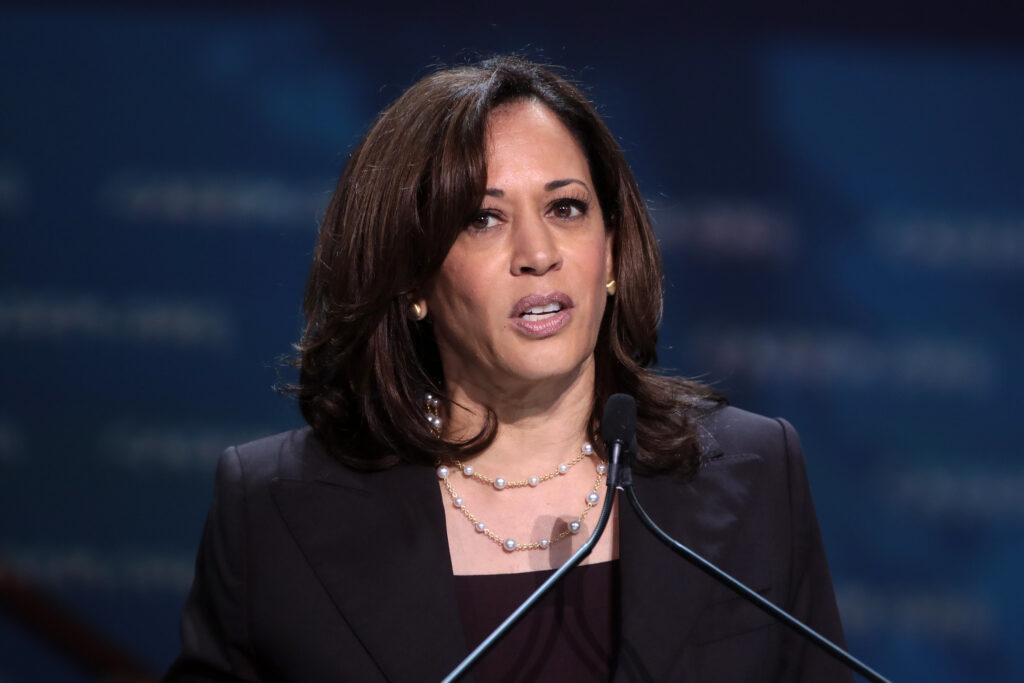Not long ago, during a presidential campaign debate with Mitt Romney, President Barack Obama suggested Romney had, at one point, stated Russia was the number one geopolitical threat to the United States. The president then quipped—with his usual glibness—”The 1980s are now calling to ask for their foreign policy back.”
Well, Mr. President, you have a phone call, too. It’s the 1970s calling, and they want their crude oil export ban back.
The crude oil export ban was signed into law in 1975 in the wake of the Arab oil embargo that brought long lines for gasoline and high oil prices. Today, by contrast, hydraulic fracturing, also known as fracking, has made the United States the world’s largest producer of crude oil. The outdated export ban puts U.S. oil producers at a competitive disadvantage with other countries, and may actually serve to increase gas prices at the pump.
Imagine what would happen if we didn’t allow our farmers to export their crops. A farmer has just harvested a bumper crop but he doesn’t have enough room to store it all, so he decides to sell it. But there is a problem: All of his neighbors have bumper crops too, and that has driven domestic prices so low the farmer will lose money if he sells his crop because the export ban prevents him from selling it to other countries for a higher price to make a profit.
In the short term, this might sound like a great deal for people in this country who want to buy the farmers’ crops, because they will get lower prices. But that effect is only temporary, because the low prices cause some farmers to go out of business. Other farmers are forced to plant fewer crops the next year because they can’t afford to buy the seeds or fertilizer to grow more. As a result, we produce less food in this country, and we are forced to import food from other countries, making us more reliant on other countries to meet our most basic needs, often at a higher price than before. This is exactly what our crude oil export ban does to American energy producers and consumers.
West Texas Intermediate (WTI) is the price paid for American oil, and last month the WTI price was about eight dollars lower than the price for Brent oil, the price the rest of the world pays for oil, putting U.S. energy companies at a distinct disadvantage vis-à-vis countries such as Russia, Saudi Arabia, and Venezuela. The price of oil produced in North Dakota is even lower than WTI, because oil refineries in the United States are not set up to process the light, sweet, crude oil produced in this area.
Oil refineries in the United States are geared to run on heavy, sour crude oil, not the light, sweet crude that comes from North Dakota. A report by IHS, an energy consulting firm, states the “United States is nearing a “gridlock” with the mismatch between the rapid growth of light sweet oil and the inability of the U.S. refining system to economically process these growing volumes.”
Additionally, the report suggested the assumption that allowing crude oil exports would result in higher gasoline prices is not accurate because oil refineries are already allowed to export gasoline, meaning the price of gas at the pump already reflect global prices. The report also estimates lifting the ban could lower gas prices by an annual average of 8 cents per gallon, adding to the $675 dollars the average American household is already saving on lower gas prices.
The U.S. Environmental Protection Agency recently released its long-awaited report on hydraulic fracturing and found it has “not led to widespread, systemic pollution of drinking water.” This is great news for our energy future. Now, Mr. President, let’s lift that export ban. It’s time to get frackin’.





